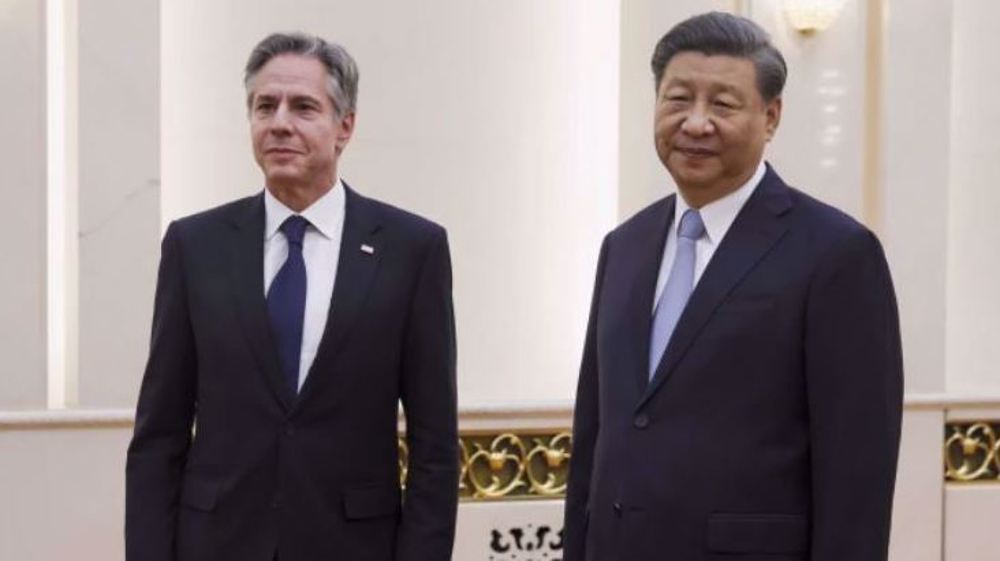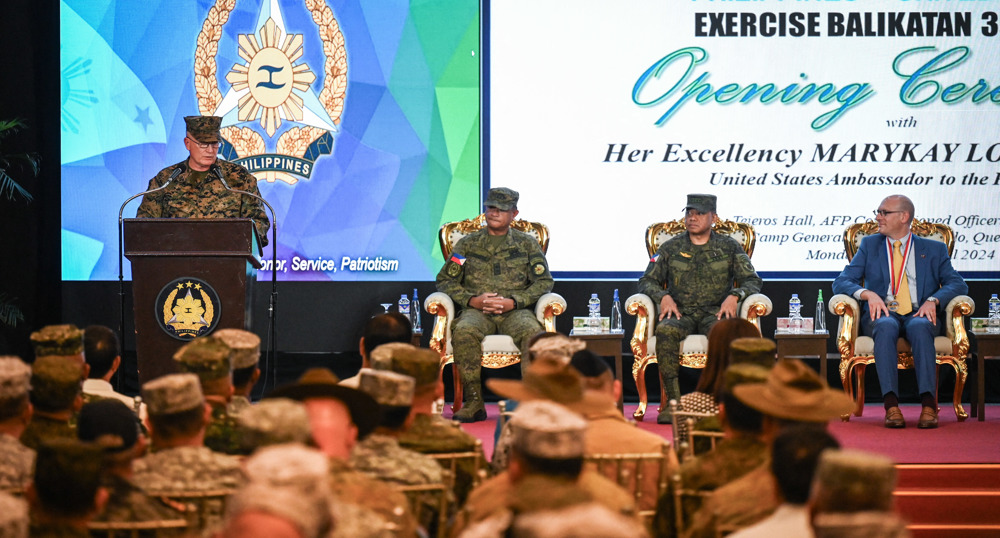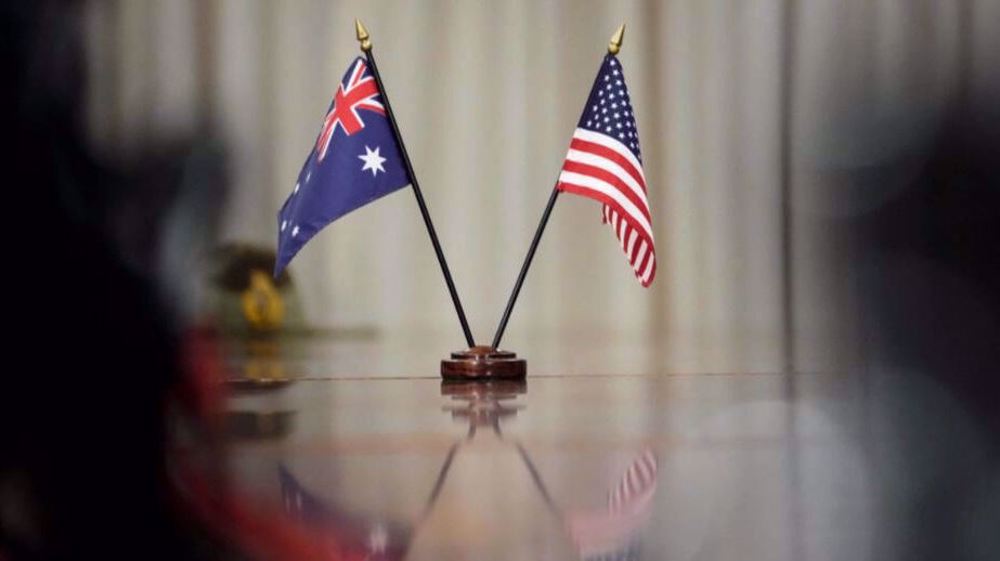China to enforce anti-N Korea sanctions 'fully and strictly' despite strong economic ties
China has vowed to “fully and strictly” implement the latest round of UN sanctions against North Korea despite its close economic ties with Pyongyang.
On Tuesday, Chinese Foreign Minister Wang Yi said that Beijing would not hesitate to fully enforce the fresh sanctions, despite being the country to bear most of the brunt of the penalties.
“If we consider traditional economic relations between China and North Korea, it is China that will have to pay most of the price for implementation of the latest resolution,” he said while addressing the ASEAN forum in Manila.
He stressed that Beijing is willing to sacrifice its own economic interests “for the sake of supporting international system of nuclear non-proliferation and to maintain peace and stability in the region.”
He noted that China has always adhered to United Nations Security Council (UNSC) resolutions, and will keep doing so in the future. “China, as always, will strictly and fully comply with respective resolutions."
Wang went on to urge all parties involved in the Korean Peninsula dispute to restart the six-party talks among South Korea, Japan, China, the US, Russia, and North Korea, which are aimed at discovering a peaceful solution to the crisis.
The last round of talks ended in 2009, when Pyongyang walked out and officially announced that it would restart its nuclear program.
No alternative but multi-party dialogue over North Korea
Meanwhile, Russian Foreign Minister Sergey Lavrov reiterated Moscow’s calls for a diplomatic solution to the crisis, stressing that finding a solution acceptable by all involved parties is not out of the question.

“I believe that with a sensible approach from all the players, including the US, South Korea, Japan, we will be able to find a solution that would work for all parties,” he added.
He noted that from his point of view there was no way out of the problem but to engage in political dialogue.
“We are convinced there is no alternative to resuming [the] political process, in particular the six-party talks,” he said, adding that “We will promote [the talks] in New York [at the United Nations] and on other platforms.”
Also on Tuesday, US President Donald Trump hailed the UN for addressing North Korea’s missile and nuclear program, urging countries to increase their efforts in dealing with the threat posed by the North amid rising tensions between Washington and Pyongyang.
After many years of failure, countries are coming together to finally address the dangers posed by North Korea,” Trump tweeted on Tuesday. “We must be tough & decisive!”
The UN Security Council on Saturday passed a resolution slapping sweeping sanctions on the North over its first test launch of an intercontinental ballistic missile.
The UNSC members, including Pyongyang’s traditional allies, Beijing and Moscow, voted 15-0 for a partial ban on exports, aimed at slashing Pyongyang’s $3 billion foreign revenue by a third.
Read More:
- UNSC votes unanimously for stricter anti-North Korea sanctions
- China welcomes Washington's peaceful approach to N Korea
- Russia calls for international calm over North Korea situation
- No agreement on North Korea sanctions: Russia
The US ambassador to the UN, Nikki Haley, called the US-drafted resolution "the single largest economic sanctions package ever leveled against" North Korea.
The sanctions ban all exports of coal, iron and iron ore, lead and lead ore, as well as fish and seafood from the country. They also block North Korea from increasing the number of workers it sends abroad, and prevents new joint ventures with Pyongyang or increasing investments in current ventures.
North Korea has been under UN sanctions over its missile and nuclear development programs since 2006. The sanctions have, however, failed to dissuade the country from pursuing its ballistic missile and nuclear programs.
Pyongyang says it needs to continue developing its missile force as a deterrent against the US and its regional allies’ aggression and expansionism.
Since early July, the North has tested two ICBMs, which it says can hit the US mainland.
Leader: Iran’s arms sector example of turning sanctions, hostilities into opportunity
April 23: ‘Axis of Resistance’ operations against Israeli occupation
Pro-Gaza protesters in NY's Columbia University stay put despite intimidation, crackdown
European Parliament members criticize EU as 'accomplice’ in Israeli war on Gaza
VIDEO | Modi's anti-Muslim hate speech sparks outrage in India amid elections
Israeli war machine claims more civilian lives across Gaza
US Senate passes multibillion-dollar aid package for Israel amid Gaza war
VIDEO | Taliban press ahead with war on drugs













 This makes it easy to access the Press TV website
This makes it easy to access the Press TV website